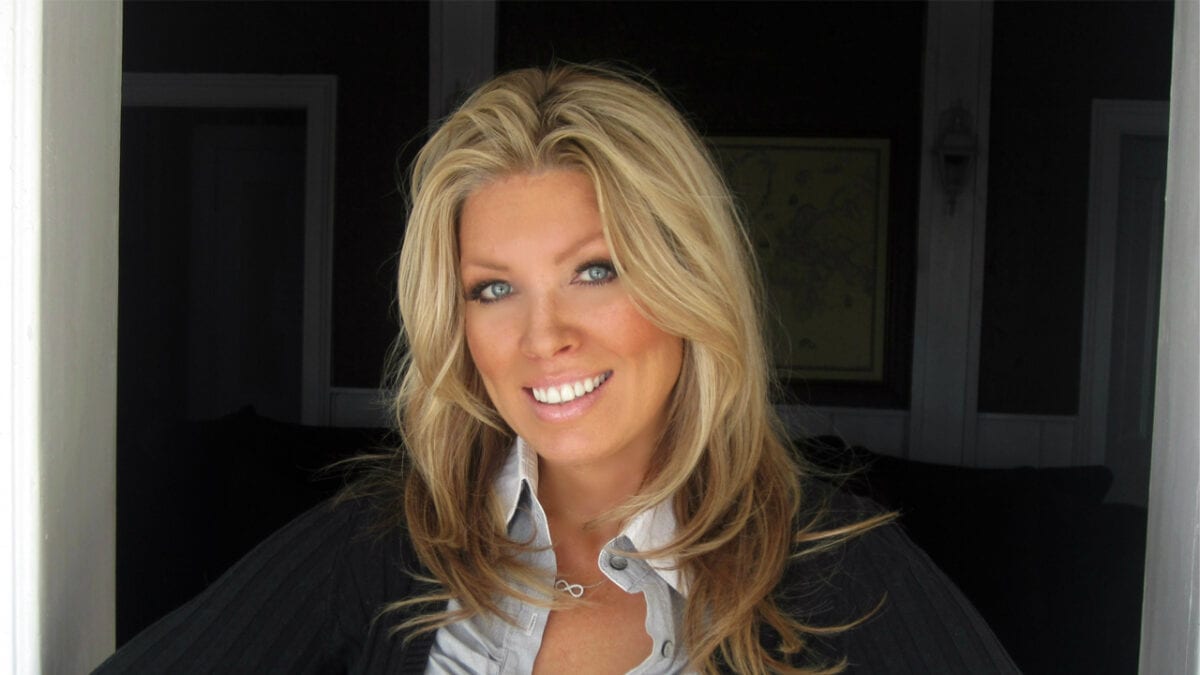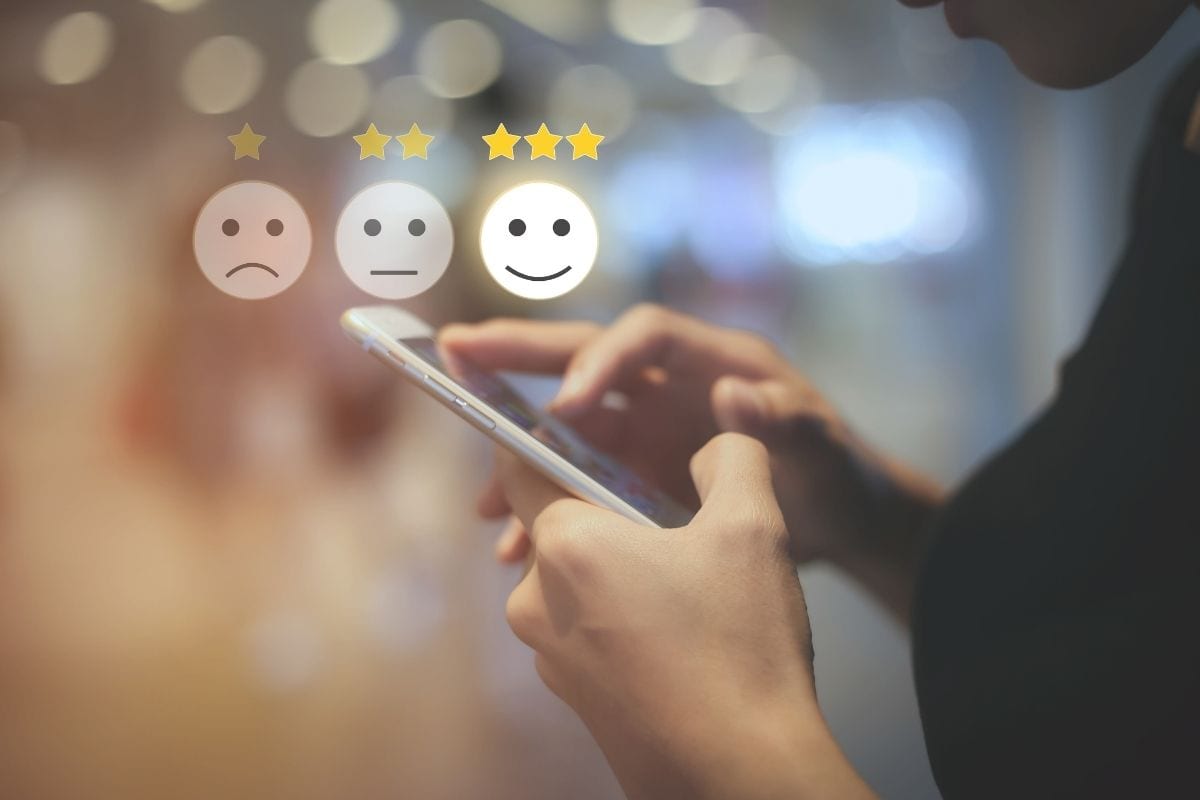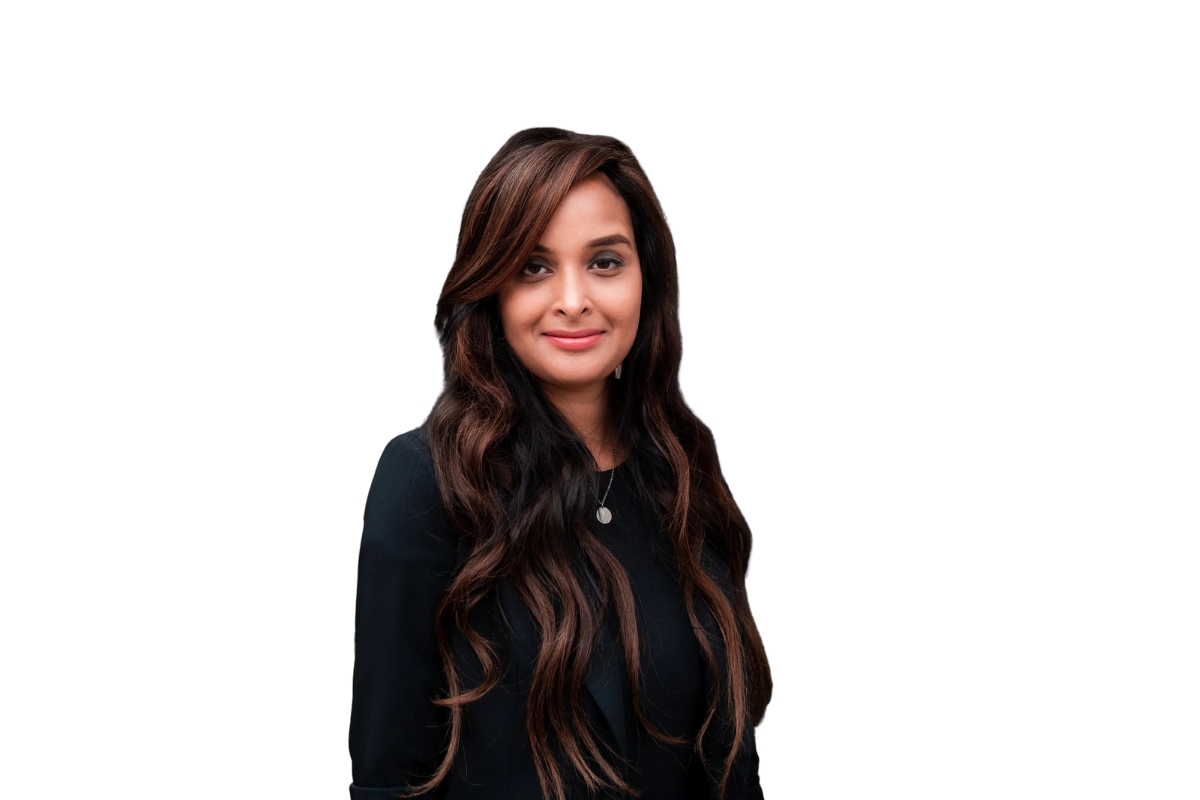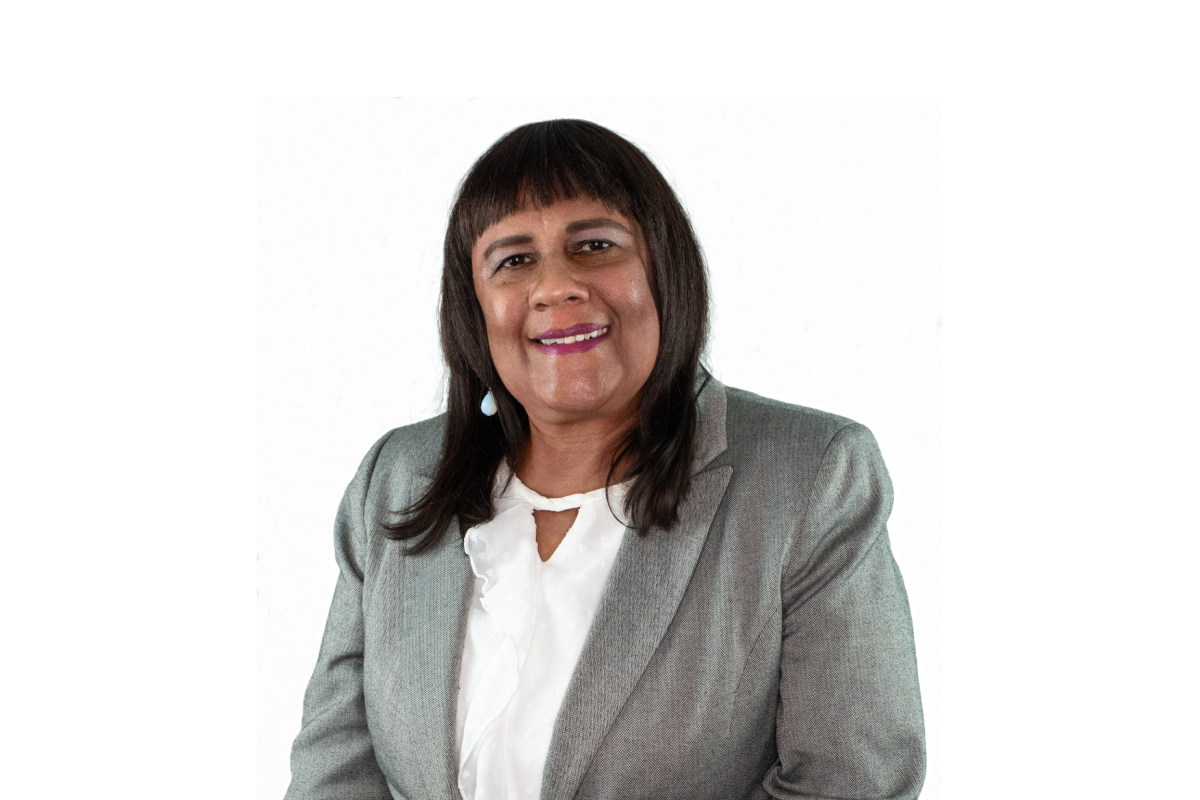Empowerment coach, best-selling author, and founder of the S.W.A.T. Institute (Simply Woman Accredited Trainer), Crystal Andrus Morissette overcame many personal struggles and difficulties to become the success story she is today. Having coached celebrities, been featured on Oprah.com, and grown influence in over 45 countries around the world, Andrus Morissette shared her inspiring story and unique thoughts with The Edge.
Please share with us the story of how you started the S.W.A.T. Institute.
Yes, we call it S.W.A.T. We’re the new “special weapons and tactics” to help heal the world, one woman at a time. I made the decision back in the early 2000s. Then we opened up our official doors on March 8th, 2010 — International Women’s Day.
I first got the idea of doing online [or] telephone coaching after I left the father of my children — my first husband. At the time, I had a four-year-old and a five-year-old. I so badly wanted to figure out how can I be home with them but still build my own career and do what I love.
Back then, I was doing personal training. I was helping women lose weight, but I started to realize that I didn’t need to be in the gym with them. It wasn’t about the bench press or the treadmill. It was the conversation they were having in their own head and the conversations that I would have with them. A lot of it was helping them figure out their beliefs and blocks.
I wrote my first book, Simply…Woman!, and built my website. When that book was picked up by Hay House Publishing in 2003, I was already talking about our Simply Woman Accredited Trainers. By 2009, I just knew we could create a really safe place for women from all over the world to come together to do some of this work that’s pretty powerful, deep, and not easy.
You created an Empowerment Spectrum where you show three emotional archetypes: the Adult, the Parent, and the Child. Can you expand on these archetypes a bit more? How are they different, and how do people go from one stage to another?
We all have an Adult Archetype or what I often refer to as Woman Energy (for women and Man Energy for men). When our Adult archetype is in charge, we show up in a type of energy that is more empowering. We make better choices. We negotiate, communicate, and compromise differently than when we show up in what I call our Mother Energy or Parent Archetype. Our Daughter Energy or Child Archetype is the more selfish, demanding, or difficult part of us. Interestingly, you don’t need to be a mother to be in Mother Energy, and you can be in your 60s or 70s and be in Daughter Energy. We all have these three components.
A few women on my team said, “I’ve never heard this before. Where are you coming up with this idea that there’s these three parts to the personality?” And I thought about all the great thinkers — from Freud (who had the id, the super ego, and the ego) or Carl Jung (who had the ego, the shadow, and the collective unconscious) — I thought within each of us, we have these three parts to our personality.
We have this selfless, moralizing part of us. That’s our Mother Energy. Over-giving, over-doing, over-helping. The wind beneath everyone else’s wings. And then we all have this part of us that’s a Child. Maybe she’s a teenager, a damsel in distress, or a scared little girl. And when there’s that battle between these two opposing parts — Parent and Child — we’re often in a state of inner conflict.
The work that I started doing was helping women make peace between this inner Parent and inner Child. When we make peace with these two parts, our inner Adult emerges, and she becomes the Real You. She is that part of you that is no longer wounded. When we can show up in Woman Energy, we make better decisions and get better results without fail.
Where do you derive the joy, energy, and inspiration needed to empower other women in your work every day?
I get the “joy” from doing the work. I get off of a coaching call, and I often think, “I cannot believe I get paid to have these incredible conversations with these incredible human beings from around the world.” When you love what you’re doing, it doesn’t take willpower. It actually takes willpower to not work. It takes willpower to step away. When you ask, “Where does the joy come from?” The joy comes from the process. How does it get any better than that?
Lastly, what is your definition of success?
I think success is so varied, and it’s what it means to you. For me, I feel like I’m successful. I feel a sense of real deep connection to who I am, living my purpose. I think at the end of your life, it’s the people who love you. It’s not just who you love because you can love a lot of people that don’t like you. And it’s not just who loves you because you can have a lot of people that love you and you don’t like yourself. But I think at the end of this whole thing, it’s knowing that you’ve had deep, meaningful, heart-to-heart connection.
I have really beautiful relationships with both of my grown daughters. I have a wonderful marriage. That’s not always easy, but I’m very committed. That feels like success to me. I have a beautiful house out in the country. I can sleep well at night, and I feel loved and loving. To me, this is success. And to every person, it’s different. Whatever your values are, whatever lights your fire, if you’re doing that thing, I think that’s a pretty good success.
Hermione Ruan | Contributing Writer




















